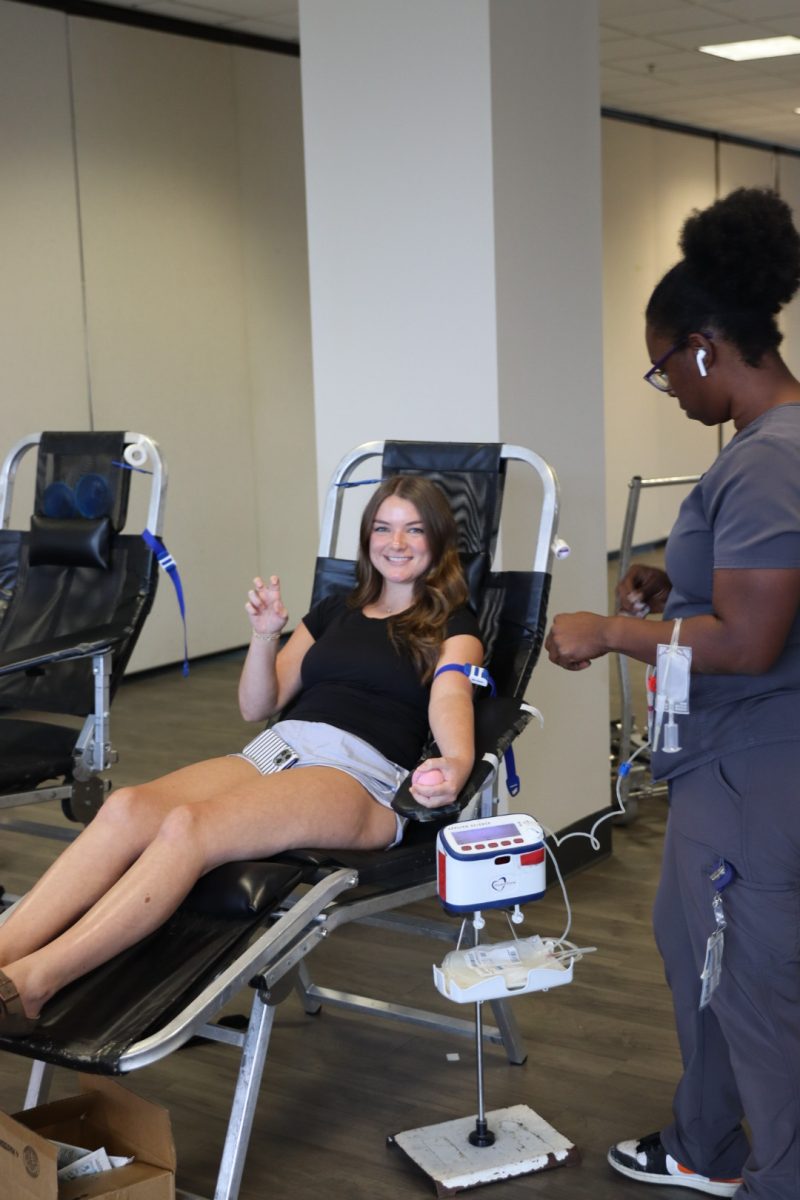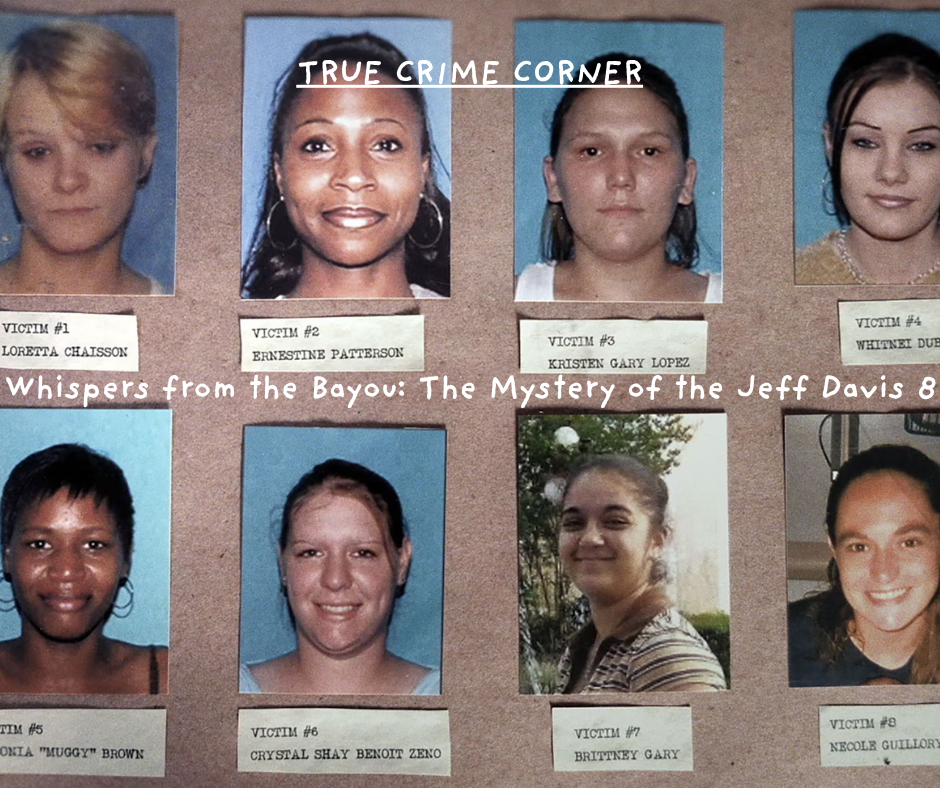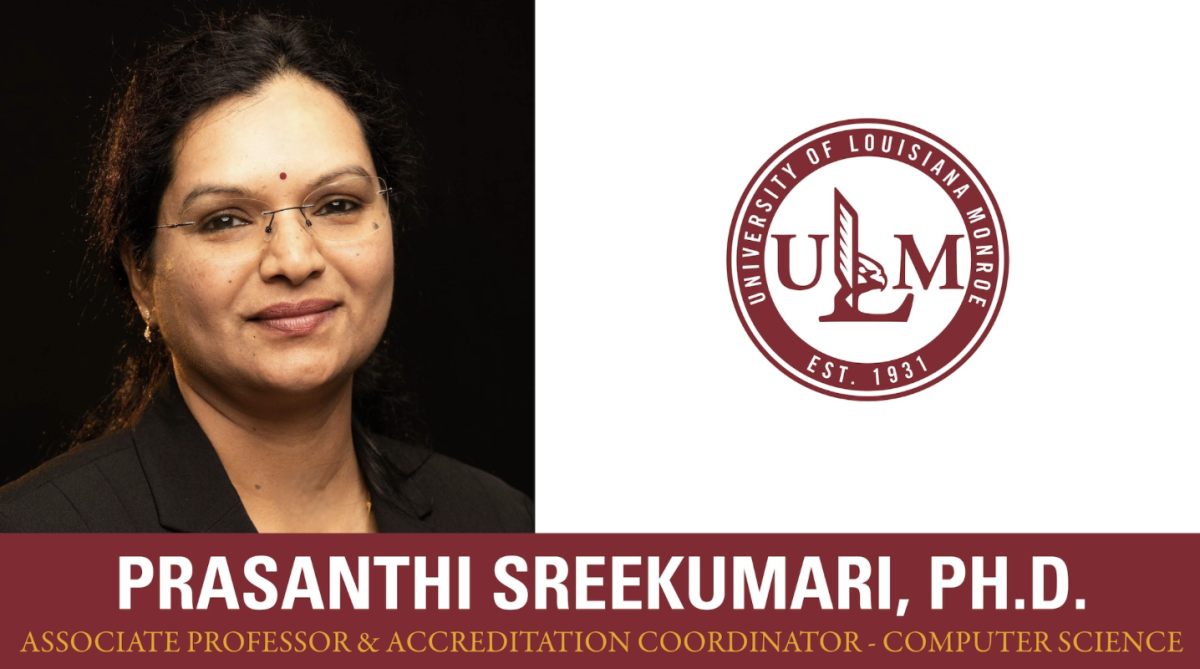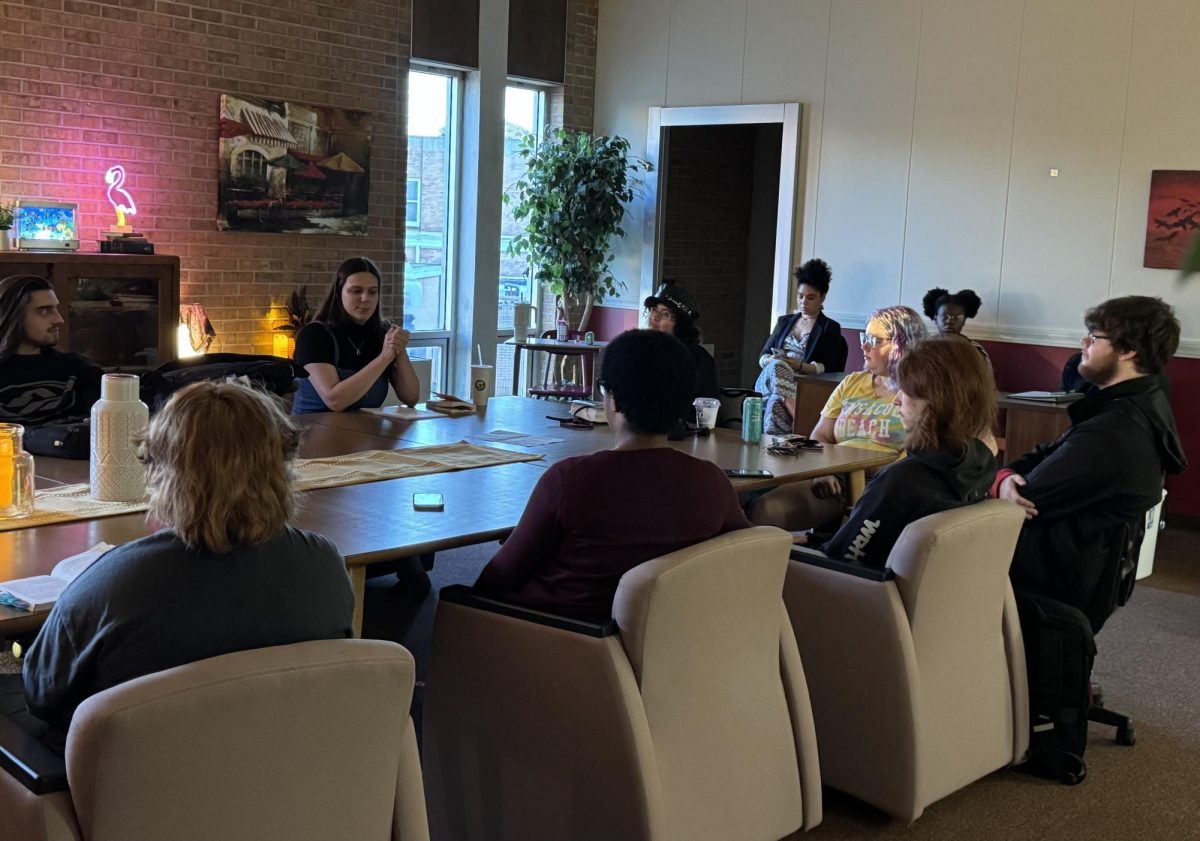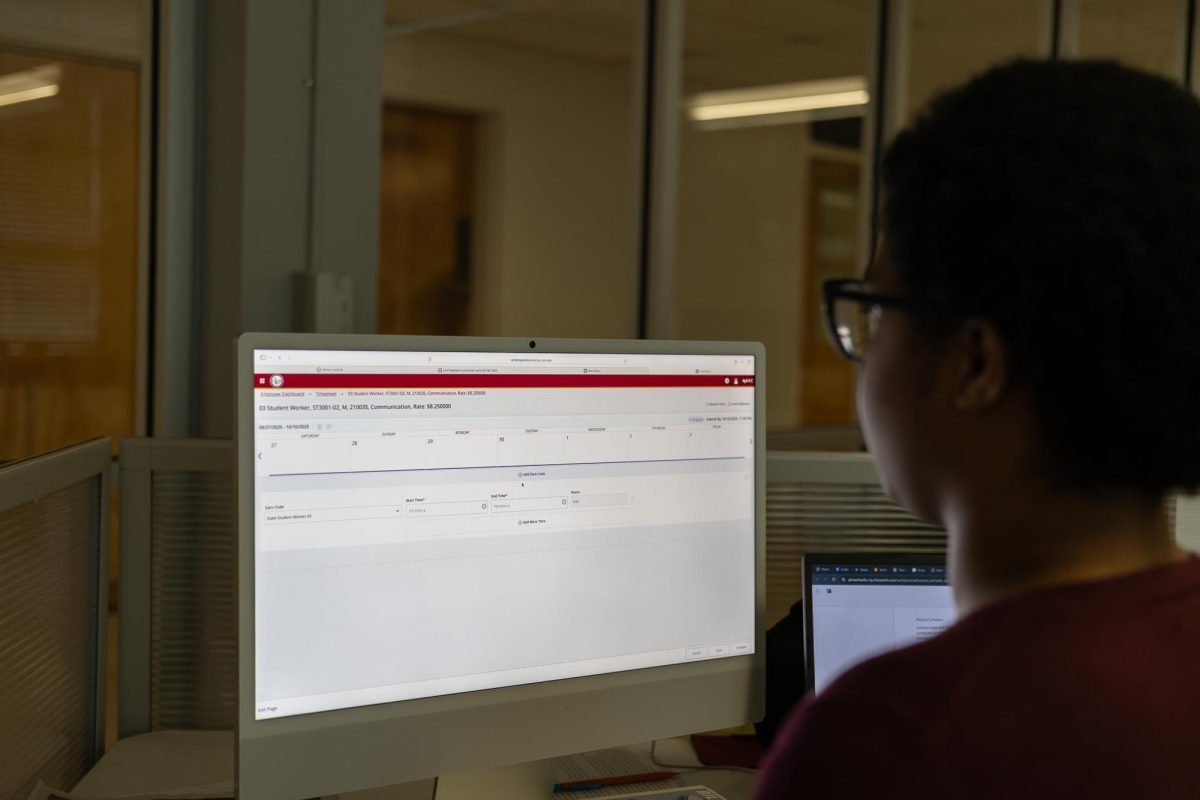Each semester, the Medical Laboratory Science (MLS) department partners with LifeShare to host a blood drive. While these events are a regular occurrence, each one is unique in its effort to raise awareness for blood-related causes. The drive on Sept. 23 and 24, for instance, highlighted the critical need to support individuals with Sickle Cell Disease (SCD).
SCD is a genetic condition in which abnormal hemoglobin distorts red blood cells from their healthy round shape into a sickle shape. These misshapen cells are inefficient at carrying oxygen and often create blockages. This leads to a constant state of oxygen deprivation and recurrent episodes of excruciating pain, profoundly impacting daily life.
Fortunately, blood transfusions offer a way to manage these devastating effects. As noted by the American Society of Hematology (ASH), a leading organization of physicians dedicated to conquering blood diseases, this treatment is critical. While not a cure, transfusions alleviate suffering by replacing sickled cells with healthy ones, diluting the abnormal cells in the bloodstream and improving oxygen transport throughout the body.
The life-saving power of this treatment, however, depends entirely on a ready and ample supply of donated blood. This is why community blood drives are so vital.
“We give blood that is healthy, shaped correctly and capable of carrying oxygen to our patients,” assistant professor and event organizer Katie Patrick said. “When they receive that, it improves their symptoms. Things like bone marrow transplants are being done, but it is extremely difficult to find bone marrow that is a match. It is also an extremely drawn-out and expensive procedure.”
Donors filled the Hangar to participate in the donation process. The effort was a resounding success, as LifeShare and the MLS department collected 33 units of blood on the first day, surpassing their goal by more than double.
For many, such as senior communications major Sam Blue, the event provided the perfect opportunity to overcome a common hurdle: anxiety.
“I’ve always wanted to donate blood but was too nervous,” Blue said. “The convenience of having LifeShare on campus was what finally pushed me to donate. The LifeShare staff were so supportive and took great care of me. I felt very good afterwards, knowing that I was able to contribute to life-saving efforts and would definitely encourage anyone who is on the fence to give it a shot.”
But fear is not the only obstacle; factors such as certain vaccines or low iron can also make someone ineligible to donate. Regardless of the reason, Patrick urges everyone to support the effort in whatever way they can, be it by recruiting a donor, volunteering time or finding someone to give in their place.


